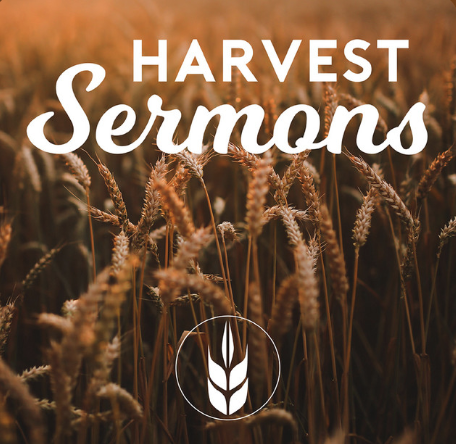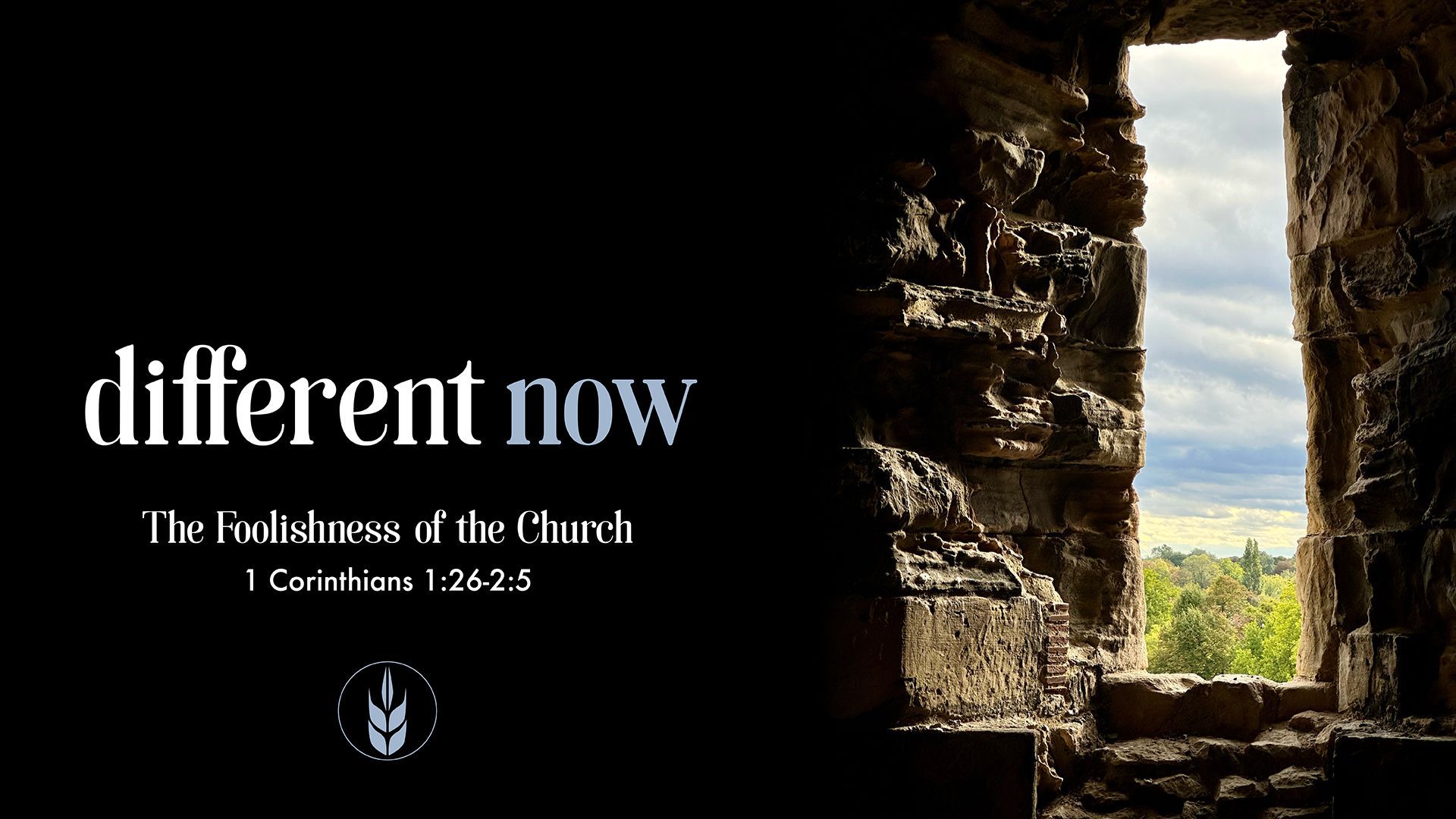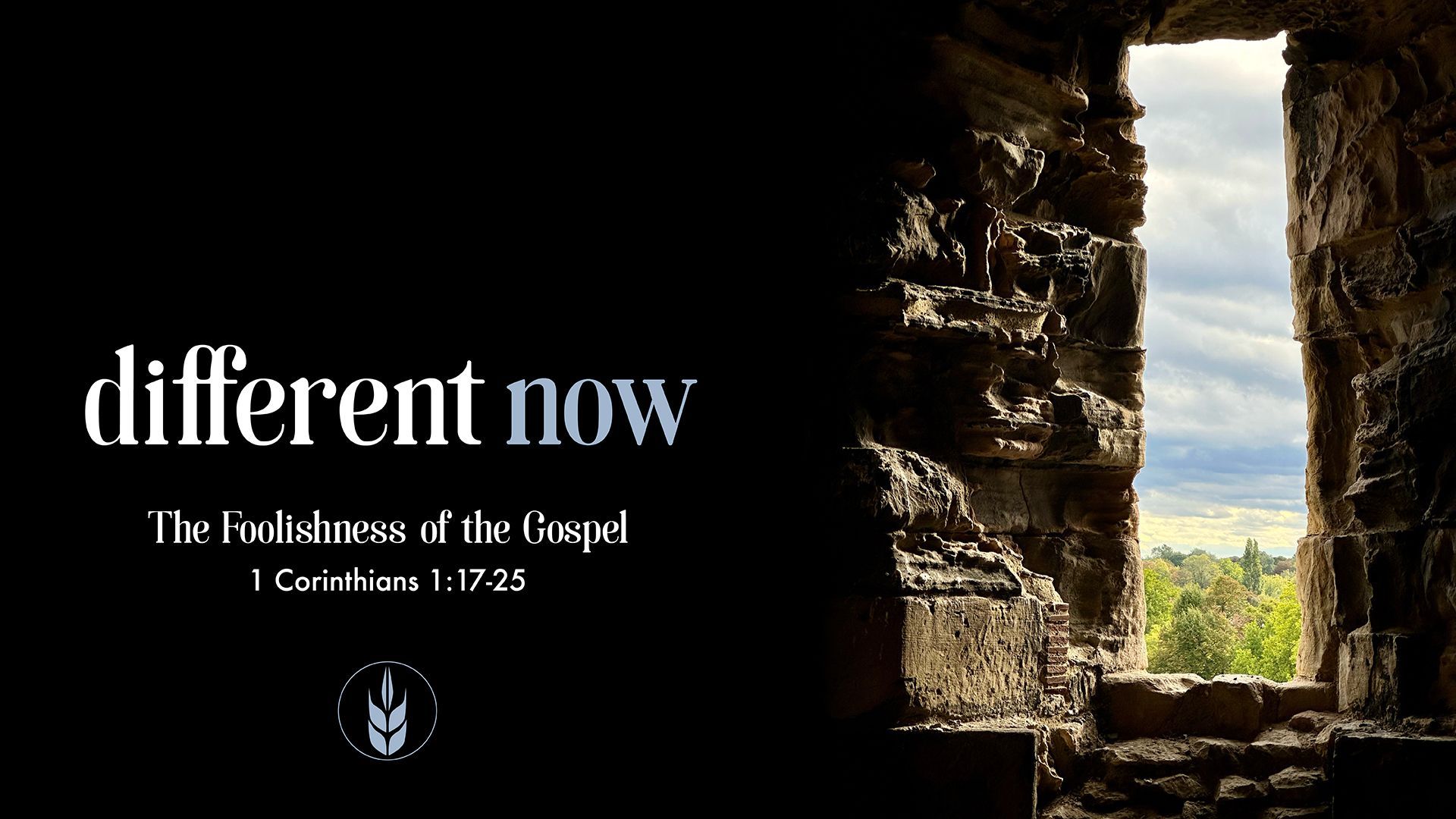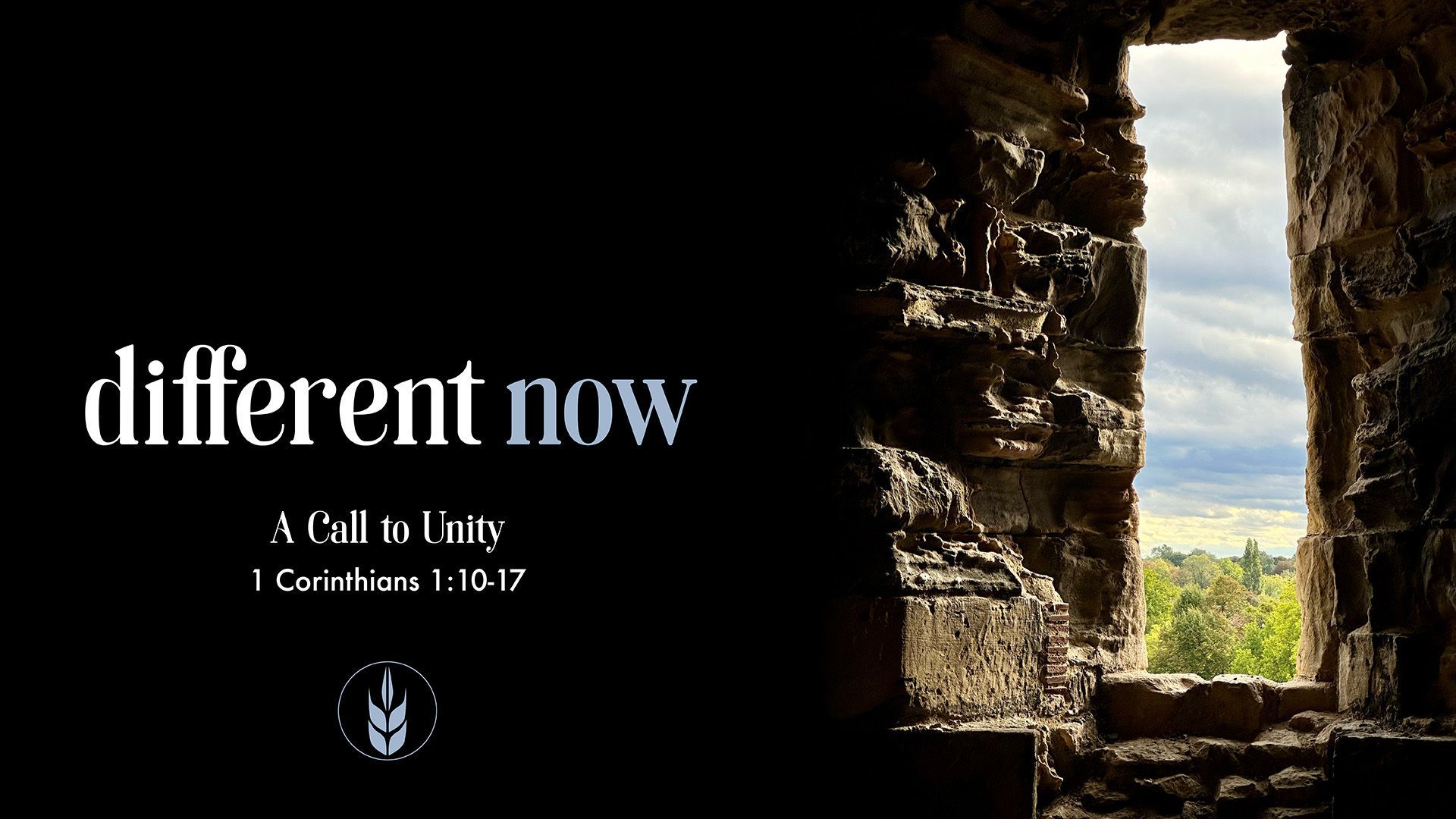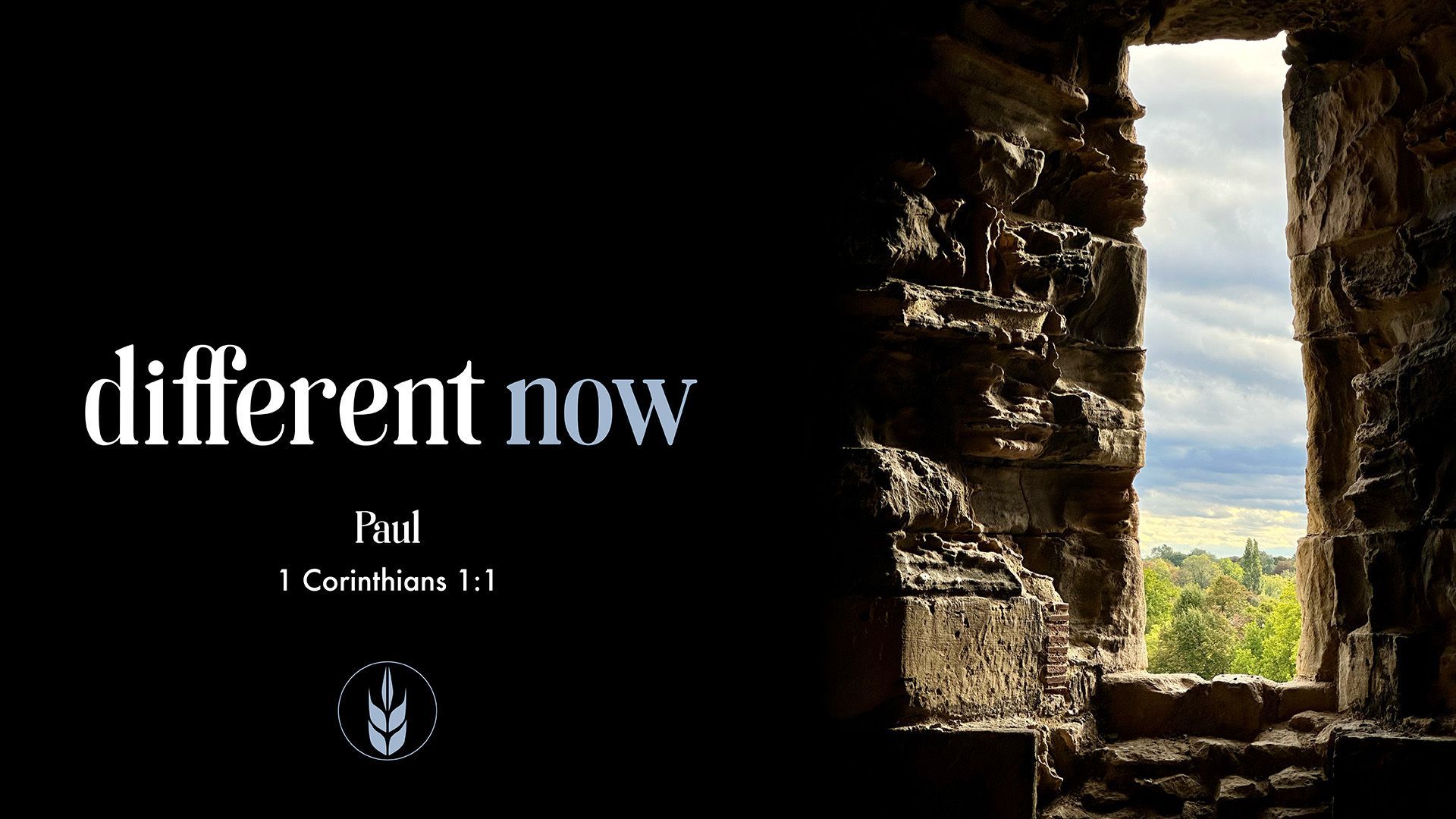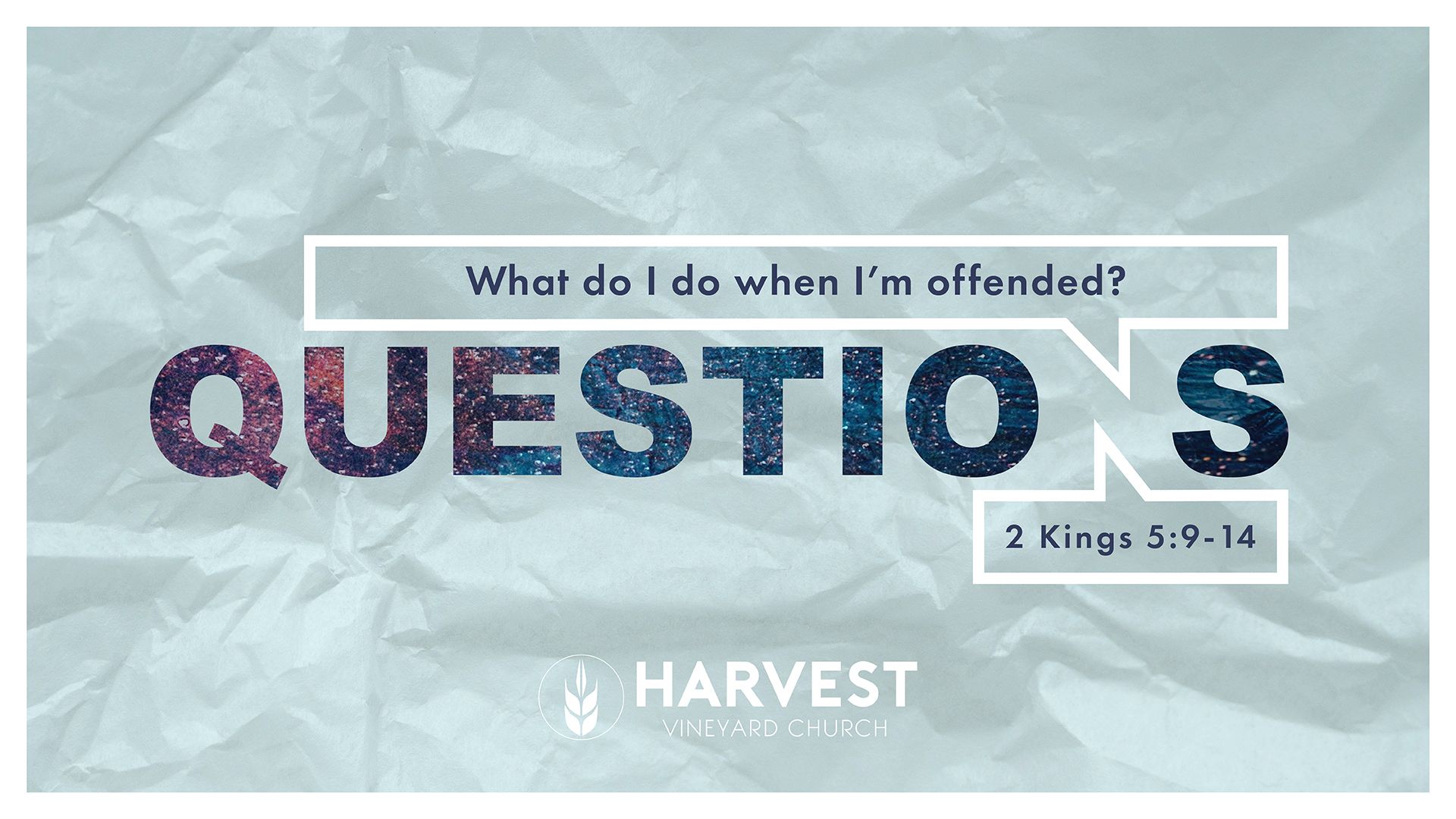
Navigating Offense: Finding Freedom in an Easily Offended World
In today's interconnected but often impersonal world, opportunities for offense abound, posing challenges for church communities and individuals seeking a deeper connection with their faith. How can believers navigate misunderstandings, unmet expectations, and the myriad of offenses that present themselves daily? This question is crucial to our spiritual growth and relational health.
While the Bible acknowledges the inevitability of offenses, Jesus himself emphasized that how we respond significantly shapes our spiritual journey and community relationships. Understanding and dealing with offense effectively can lead us toward spiritual maturity and enriched connections with others.
The Trap of Offense
The concept of offense originates from the Greek word 'skandalon,' referring to the bait stick of a trap. Offense, thus, is a snare used by the enemy to entrap believers, drawing them away from their spiritual path. Taking offense can lead us into this very trap and is a progression Jesus warns about in Matthew 24. Offense escalates into betrayal, hatred, deception, and ultimately, a state of cold love, adversely affecting our spiritual and relational lives.
Naaman's Offense
Consider the biblical story of Naaman, a Syrian general featured in 2 Kings 5. Seeking healing from leprosy, he approached the prophet Elisha. However, his expectations of a grand gesture were not met. Instead, simple instructions were given, leading to Naaman's initial offense and anger. This story reflects where unmet expectations often lead us into the trap of offense.
Breaking Free from Offense
How then do we avoid stepping into the trap of offense and stay spiritually free?
1. Draw from the Resource of Jesus
Jesus embodies an unoffendable heart, facing rejections and insults without taking offense. As believers, we have access to His grace through the Holy Spirit. This empowers us to pray for the transformation of our hearts: "Lord Jesus, please form, grow, and release your unoffendable heart through me."
2. Choose Humility
Pride is a chief catalyst for offense. In contrast, humility opens us to God's grace. Naaman's healing became possible only after humbling himself to follow Elisha's simple command. Recognizing our own fallibility and offensiveness at times can diffuse our pride and make room for humility.
3. Forgive and Pray
Forgiveness is powerful and acts as a restorative grace. Jesus instructs us to pray for those who offend us. Approach this practice as a healer does physical therapy: challenging yet healing. Pray blessings and understanding for those who've caused offense.
4. Meet Others with Appreciation, Not Demands
Disappointments often fuel offense. Shifting our approach to focus on gratitude for who others are rather than what they are not can transform relationships positively.
5. Evaluate Your Expectations
Constant shock at human behavior can result in living in perennial offense. Accepting the inherent flaws in humanity helps adjust expectations, reducing the frequency and intensity of hurt and anger.
The Power of an Unoffendable Heart
An unoffendable heart helps us manage our responses rather than our reactions controlling us. This kind of heart embodies Christ-like love and grace, influencing our families, communities, and workplaces significantly.
Practical Steps to Cultivate an Unoffendable Heart:
- Practice Self-Awareness: When feeling offended, pause for reflection. Determine if the root is others' actions or unmet personal expectations.
- Choose Face-to-Face Communication: Important or sensitive issues should be addressed in person to minimize misunderstandings common in digital communication.
- Look for Growth Opportunities: Use every offensive encounter to ask God for growth insights leading to more Christ-like responses.
- Cultivate Gratitude: Regularly express thanks for people and circumstances, emphasizing positive traits over deficiencies.
- Seek God's Perspective: Pray for the ability to view circumstances and individuals who offend you through God's eyes.
Recall Naaman: his healing was complete only after he surrendered his offense and followed the prophet's counsel. Likewise, releasing an offense opens avenues for renewed and transformed living.
By embracing the path of Christ-likeness, drawing on the abundant resources Jesus provides, believers can respond with love and grace, showcasing an unoffendable heart to a world deeply in need of such transformative influence. As our daily prayer, let us echo: "Lord Jesus, please form, grow, and release your unoffendable heart through me." Doing so not only liberates us from the snare of offense but broadcasts Christ's love brightly in an easily offended world.
Do you have questions about what God has to say about relevant life topics?
What Do I Do When I'm Offended?
KEEP READINGOffense is something Jesus said we will all face: “It is impossible that no offenses should come” (Luke 17:1). The key is recognizing offense as a trap that leads to bitterness if we hold onto it. Instead of letting it take root, we’re called to forgive quickly, keep our hearts soft, and walk in freedom. Want practical ways to handle offense and strengthen your relationships? Keep reading.
How Do I Approach the Bible?
KEEP READINGApproaching the Bible begins with recognizing it as more than just literature—it is “God-breathed” and given for teaching, correction, and training in righteousness (2 Timothy 3:16-17). That means we read it with humility, expecting God to speak through its words. The Bible is also a relational experience, drawing us into deeper trust in Jesus, “in whom all things hold together” (Colossians 1:17). When we slow down, reflect, and let its truth sink in, Scripture becomes both a guide and a place of encounter with God. Ready to see how this unfolds in practice?
Title or Question
Describe the item or answer the question so that site visitors who are interested get more information. You can emphasize this text with bullets, italics or bold, and add links.
Hit play to listen to the sermon this blog is based on
At Harvest Vineyard, we believe we are better together, in community. We're glad you're here.
ENCOUNTER CHRIST.
EXPERIENCE COMMUNITY.
LOVE THE WORLD.
We believe that experiencing the love and mercy of God is more effective in bringing change to people's lives than rules, guilt, and condemnation. We have attempted to make our community a place where people can come as they are and still experience love and mercy. At the same time, we desire to learn and apply the truth of God to our lives and learn how to speak truth to one another.

